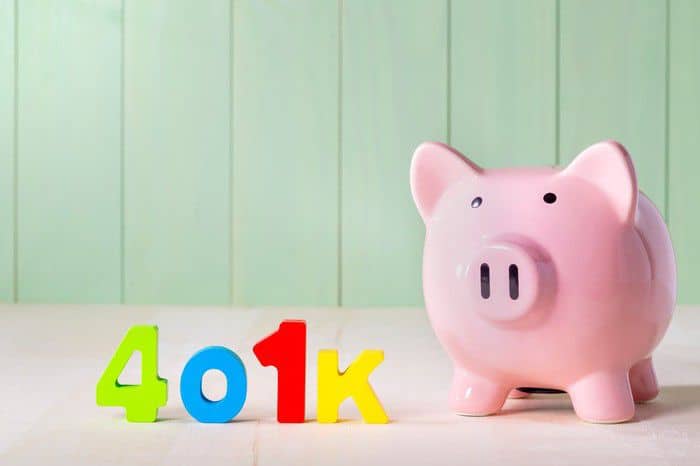Saving for retirement is essential, and those with a workplace 401(k) have a convenient way to do it. With a 401(k), you can have money taken directly out of your paycheck and invested. Contributions are made with pre-tax dollars, saving you a substantial amount of money. And your employer may match some of your contributions, giving you free money to help save for your later years.
401(K)s also have a larger contribution limit than many other types of tax-advantaged accounts. In fact, for 2020, you can contribute up to $19,500 in your 401(k), and if you’re 50 or over, you can make an additional $6,500 in catch-up contributions. Since the amount you can put into your account is so high, you may have a decision to make: Should you max out 401(k) contributions, or invest some money in your 401(k) and some in other types of investment plans?
Does maxing out your 401(k) make sense for you?
First things first: You always want to contribute enough to your 401(k) to get your full employer match. Otherwise, you’re passing up free money, which is a huge mistake. But once you’ve done that, if you still have some extra cash, you’ll need to determine if you should put it into your 401(k) or other account types that provide tax breaks.
The next question is whether you’re eligible to contribute to other tax-advantaged accounts, such as an IRA or health savings account. If you or your spouse has a workplace retirement plan and your income is too high, you may lose eligibility to make deductible IRA contributions. And you’re eligible to contribute to an HSA only if you have a qualifying high-deductible health plan. If you can’t contribute to these other accounts and a 401(k) is your only option to score tax breaks, maxing it out makes sense.
If you are eligible for other accounts and you have the money to max out both your 401(k) accounts and your HSA or IRA (or both), you should do that. It makes sense to get as many tax breaks as you can while ensuring financial security in your later years. But if you’re eligible for other accounts and don’t have enough to max them all out, you’ll need to think about what to do after you contribute enough to your 401(k) to get your full employer match: put money in your IRA or HSA, or add more to your 401(k).
What will you use the money for?
If you’re going to potentially use the money to cover healthcare costs, an HSA is the way to go. You can contribute with pre-tax money and withdraw at any time for eligible healthcare expenses without owing taxes. A 401(k), on the other hand, allows you to contribute with pre-tax money, but withdrawals are taxed as ordinary income. And in most cases, you can’t take the money out before 59 1/2 without incurring penalties. HSAs also allow you to take money out without penalty for any purpose after age 65 and pay taxes on withdrawals at your ordinary rate, so they can be used to save for healthcare costs now and for retirement in the future.
If you’re choosing between an IRA and 401(k), on the other hand, consider whether you’d prefer the increased flexibility an IRA provides or the convenience and simplicity of investing all your money in your employer’s plan. IRAs can be opened with any brokerage firm or a wide variety of financial institutions, and you have a much broader choice of investments than in a 401(k). Most IRAs are also free of management fees, so if your 401(k) charges high administrative costs, you may be better off putting some of your retirement money into an IRA after you’ve earned your full employer match.
Consider your retirement account options carefully
While you definitely want to invest at least enough in your company 401(k) to earn any match your employer provides, beyond that you should carefully consider the pros and cons of other accounts that provide tax breaks. You want to make the best possible investments for your later years.

